System-sounds.com converts the orbits of Jupiter moons Io, Europa, Ganymede and Calisto into a mind-bending visual and audio experience.


System-sounds.com converts the orbits of Jupiter moons Io, Europa, Ganymede and Calisto into a mind-bending visual and audio experience.

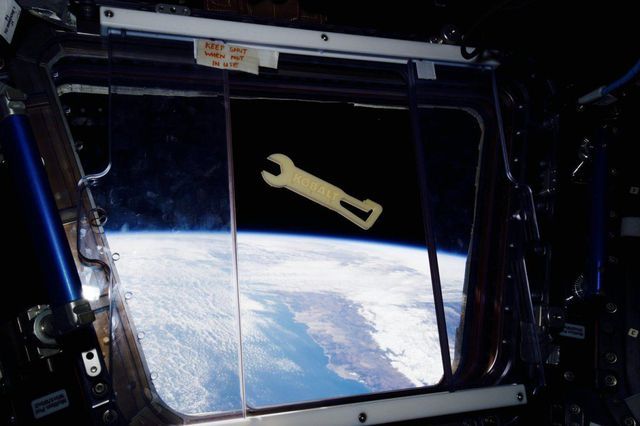
When history’s pilgrims and pioneers arrived in a new territory, they used the land’s natural resources to build their settlements. Space colonists, on the other hand, will have to bring materials from Earth and assemble them on Mars. Andrew Rush, president and CEO of space-based manufacturing firm Made In Space, believes the process of creating off-world infrastructure will be similar to building IKEA furniture. Only the parts will be made with an advanced 3D printer and put together by an autonomous robot.
“We think the future of in-space operation is one of manufacturing and assembly, just like how you built the table you’re sitting on right now,” Rush says. “That table is a multi-material object, and its pieces were all manufactured in different ways. I don’t think space colonies are going to take a different approach.”

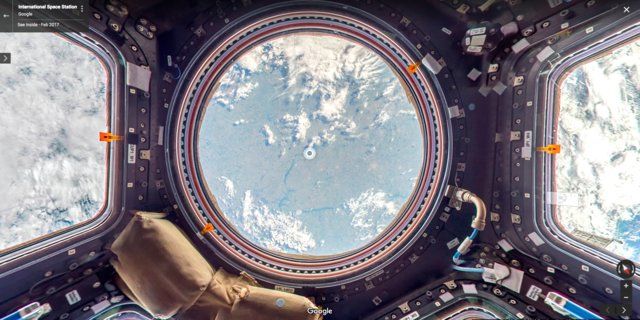
Most people just use Google Maps to get directions from A to B, but it’s also an incredible educational tool in its own right.
Using Google Maps is a great way to learn more about the various cities and countries around the world. But many people might not know that Google Maps can also be used to explore other worlds besides Earth.
That’s right: If you visit Google Maps and zoom out far enough, you’ll have the option to explore several planets and moons in our own solar system.

An Antares rocket launched from Virginia before sunrise this morning and is on its way to the International Space Station. Its 7,400 pounds of cargo include an experiment that will chill atoms to just about absolute zero—colder than the vacuum of space itself.
The Cold Atom Laboratory (CAL) is set to create Bose-Einstein condensates on board the ISS. But what’s a Bose-Einstein condensate? And why make it in space?
“Essentially, it’s going to allow us to do different kinds of things than we’d be able to do on Earth,” Gretchen Campbell, co-director of the University of Maryland’s Joint Quantum Institute, told Gizmodo.
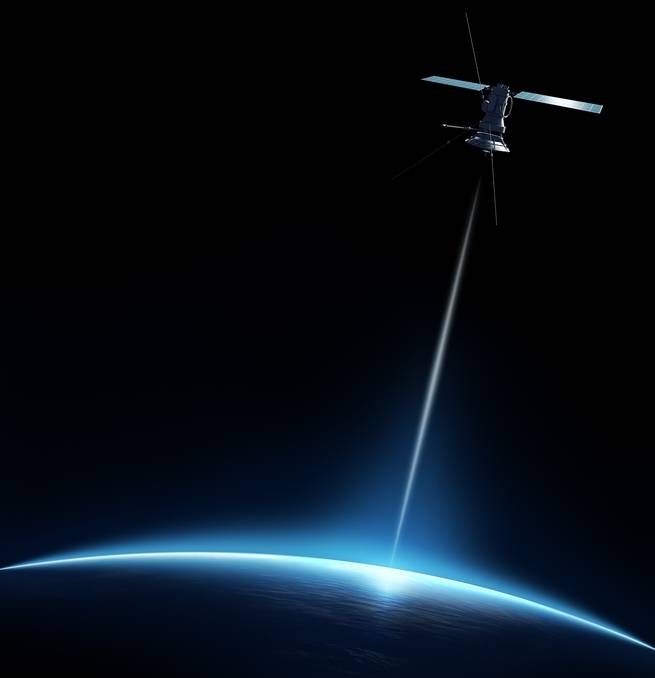
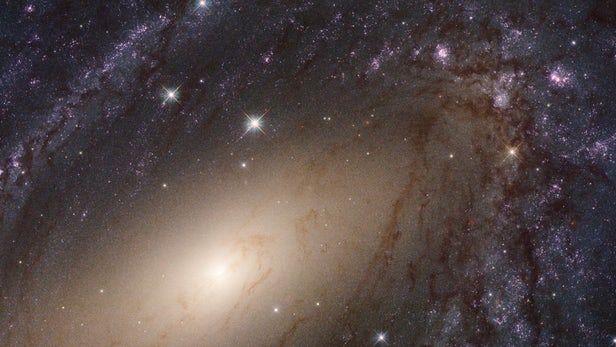
An international team of astronomers has completed the most comprehensive ultraviolet survey of the local universe to date, with the help of the venerated Hubble Space Telescope. The newly-released survey data will help scientists to better understand how stars come to form, and the processes by which galaxies like our own Milky Way evolve over time.
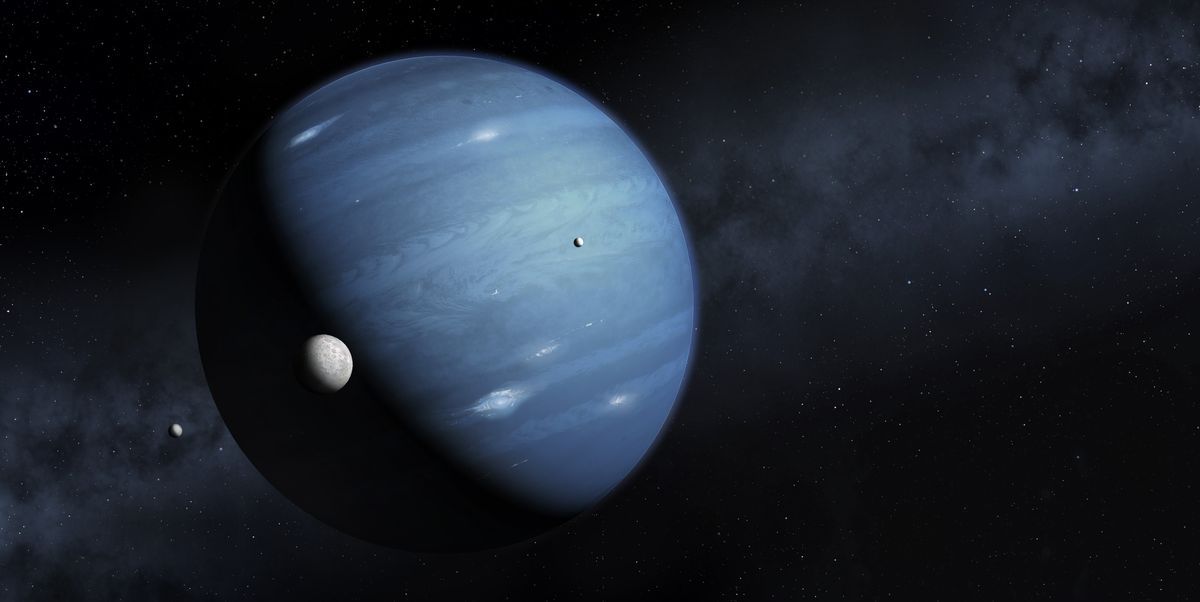
Astronomers found a strange dwarf world that provides even more evidence that a giant planet is lurking at the edge of our solar system.
Getty Images Mark Garlick/Science Photo Library.
There might be a large planet lurking somewhere at the very edge of our solar system, and astronomers are hunting for it. While they have yet to find direct evidence of the planet, a recent discovery provides yet more indirect evidence that the planet does, in fact, exist. Astronomers found a small solar system body with a strange orbit that they say can only be explained by another, bigger planet hiding out there somewhere.
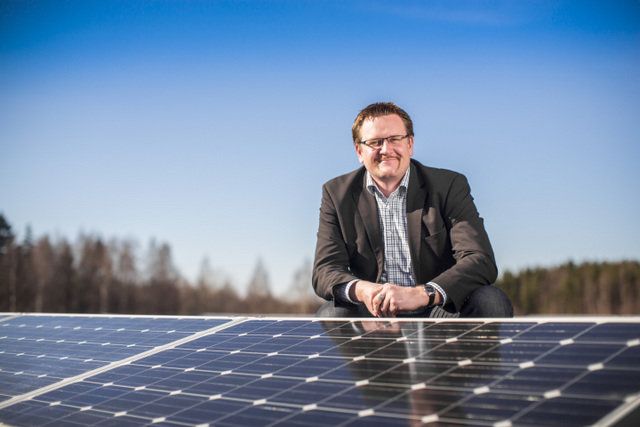
Is there enough space for all the wind turbines and solar panels to provide all our energy needs? What happens when the sun doesn’t shine and the wind doesn’t blow? Won’t renewables destabilise the grid and cause blackouts?
In a review paper last year in the high-ranking journal Renewable and Sustainable Energy Reviews, researcher Benjamin Heard and colleagues presented their case against 100 percent renewable electrical systems. They doubted the feasibility of many of the recent scenarios for high shares of renewable energy, questioning everything from whether renewables-based systems can survive extreme weather events with low sun and low wind, to the ability to keep the grid stable with so much variable generation.
Now, scientists have hit back with their response to the points raised by Heard and colleagues. The researchers from the Karlsruhe Institute of Technology and collaborators have analysed hundreds of studies to answer each of the apparent issues. They demonstrate that there are no roadblocks to a 100 percent renewable future.